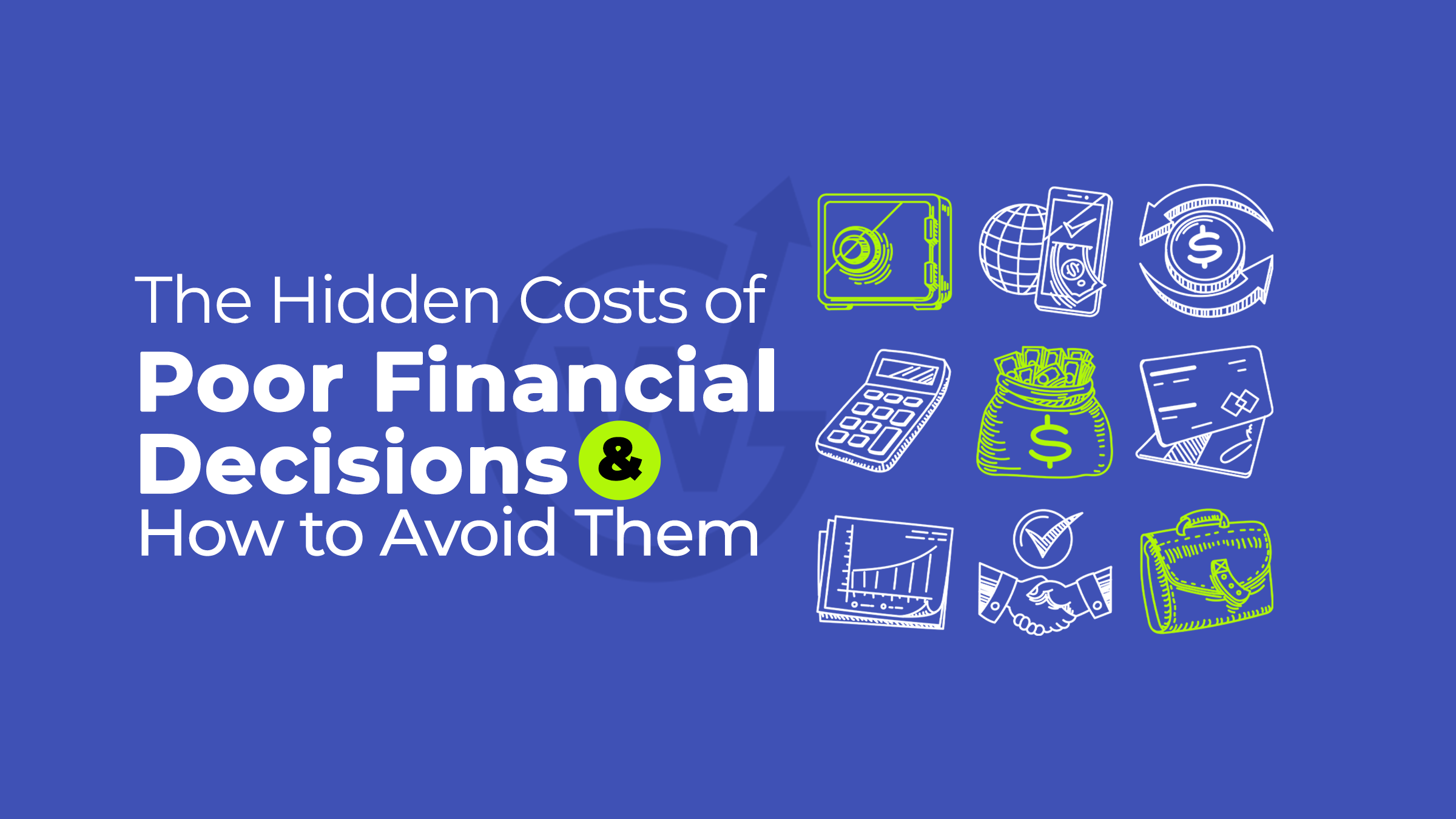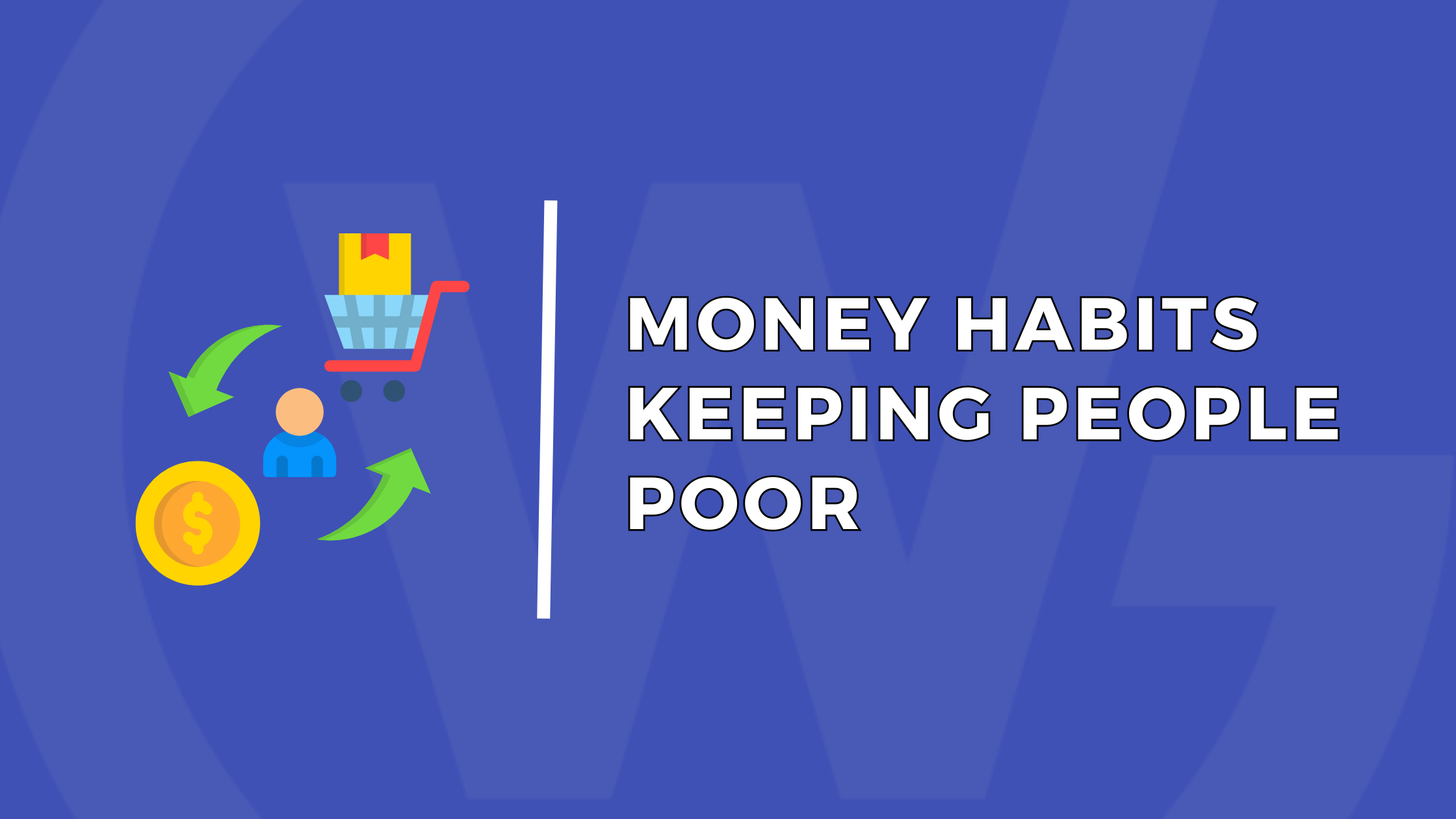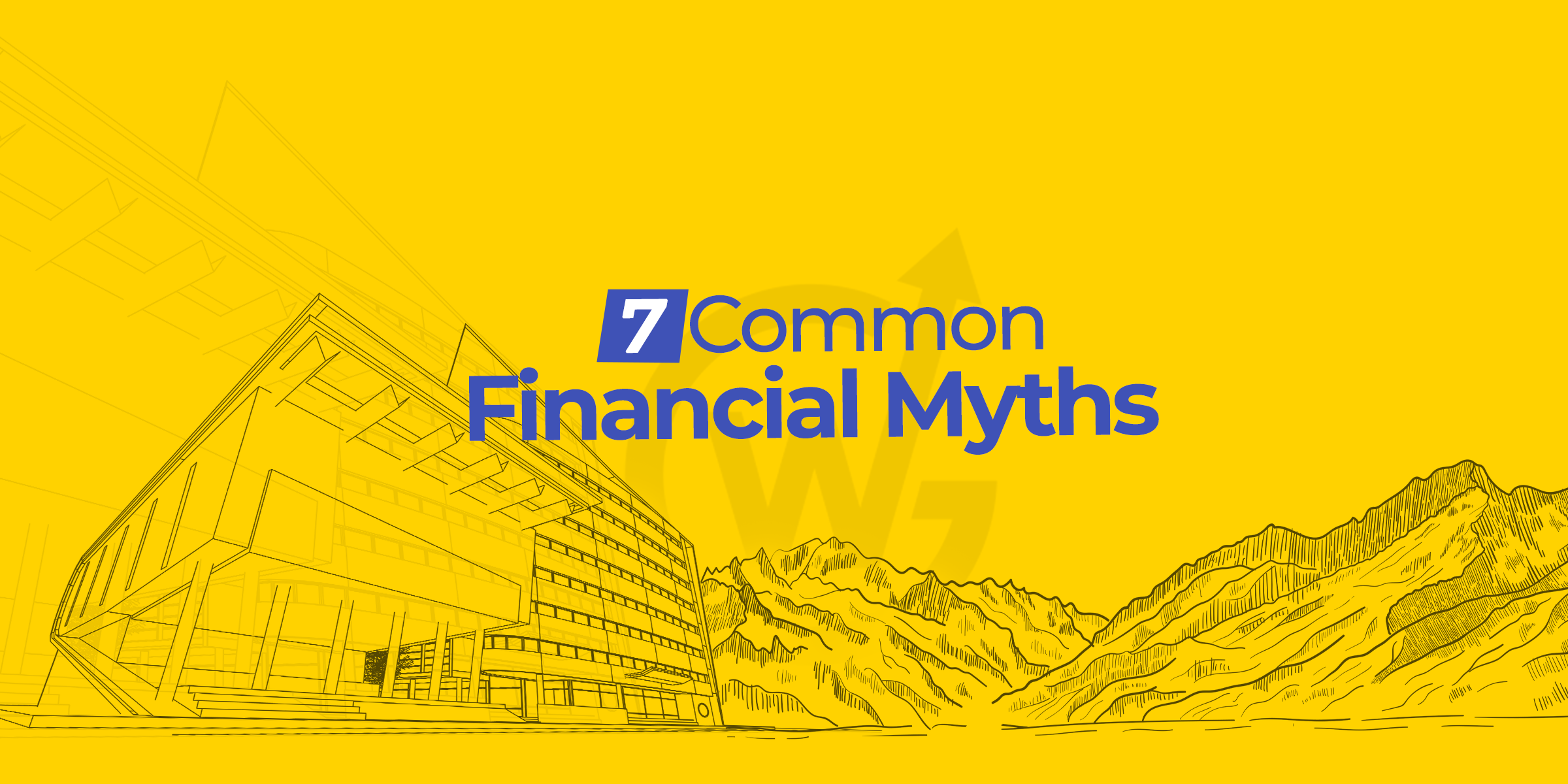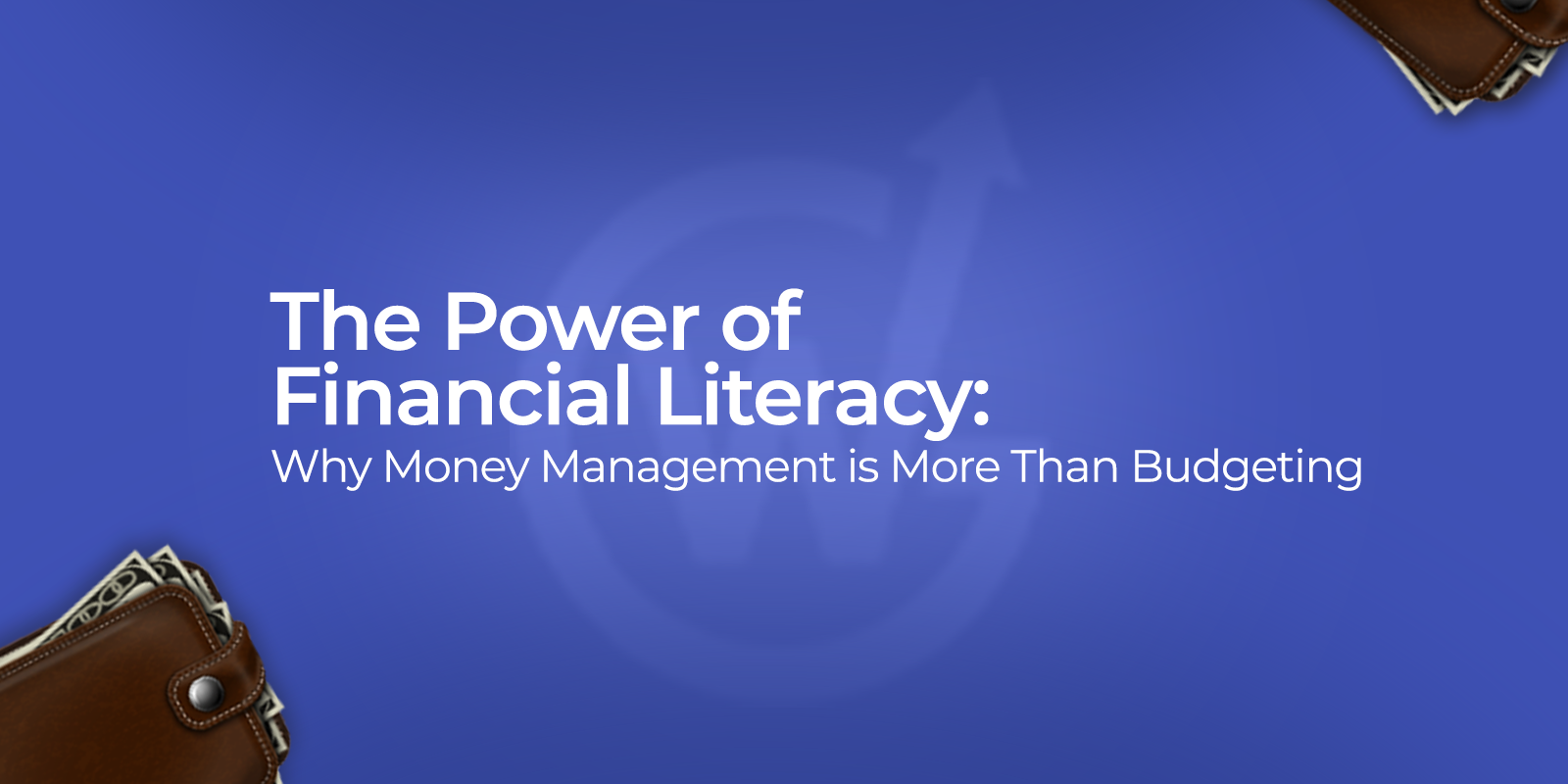Poor financial decisions don’t just affect your wallet—they impact your peace of mind, limit your opportunities, and create long-term financial struggles. The hidden costs of bad money choices often go unnoticed until they pile up, making it harder to recover.
This article discusses the financial pitfalls that can silently drain your wealth and how you can avoid them.
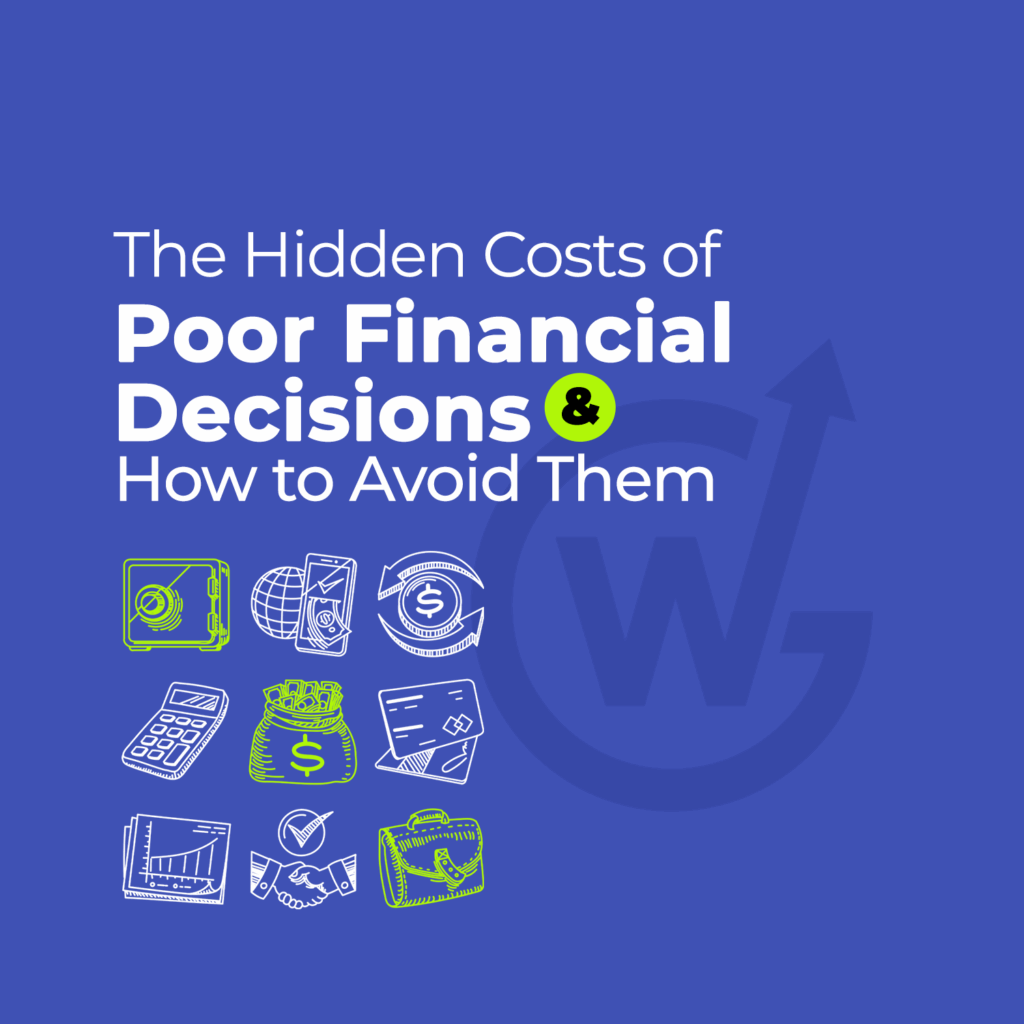
7 Hidden Costs of Poor Financial Decisions
Here are key reasons why you should ensure to make good money decisions:
1. Anxiety and Stress from Debt
Unchecked debt is one of the first notable signs of poor financial decisions. Many people assume borrowing money is simple—you take out a loan and pay it back. But high-interest rates and long repayment periods can cause you to pay double or even triple the original amount.
Some debts can trap you in a cycle of financial strain, making it difficult to build wealth. Imagine taking out a high-interest personal loan and struggling to make payments, only to see interest pile up, and the total balance grow over time.
If you must take a loan, do so only when necessary and for investments that increase in value, such as education, real estate, or business. Also, make sure to understand the loan terms before accepting the offer and make a good effort to pay off the high-interest debt as quickly as possible.
2. Lack of Emergency Fund
Without an emergency fund, even a minor financial setback can push you into high-interest debt or financial instability. People often underestimate the cost of being unprepared until an unexpected expense, such as a car repair, medical bill, or job loss, throws them off balance.
For example, a medical bill of $1,000 can easily turn into $2,000 in interest and penalties if you rely on loans to cover the expense. Interest rates and late fees quickly add up, turning a temporary issue into long-term financial stress.
To avoid this, discipline yourself to build an emergency fund with at least three to six months’ worth of expenses. Then, make sure to use the emergency fund only for true emergencies, not impulse purchases.
3. Missed Opportunities
When you don’t manage money wisely, you miss out on opportunities to grow your wealth. The hidden cost of inaction and poor planning can be just as damaging as financial mistakes.
For example, when it comes to investing, many people think they need a lot of money to start investing, but waiting too long costs you years of compound growth. Imagine what happens when you start investing $200 per month at age 25. You could have over $622,000 by retirement. But if you wait until you’re 35, you’ll have only $274,000, which is less than half.
The same thing applies to property ownership. Failing to save for a down payment or not understanding mortgage options can prevent you from owning a home, forcing you to pay rent indefinitely without building equity.
So, how do you avoid missing out on wealth-building opportunities? Striving hard to be financially literate to avoid poor decisions that come with many financial costs.
4. Failed Retirement Planning
Failing to plan for retirement can result in working longer than necessary, struggling financially in old age, or relying on others for support. Many people put off saving for retirement, thinking they have plenty of time. But the truth is, waiting too long can make it much harder to catch up.
If you have a good financial and retirement plan, you can have a comfortable retirement life by saving small fractions of your monthly income. For example, if you save $300 monthly from when you’re 25, you could retire with over $1 million in your retirement account.
To avoid the cost of failed retirement planning, start contributing to a retirement plan (401k, IRA, pension fund) as early as possible. Increase your contributions as your income grows and take advantage of employer-matching contributions if they’re available.
5. Credit Management
Your credit score affects your ability to borrow, the interest rates you receive, and even job opportunities. Poor credit management can cost you thousands in extra interest payments and limit financial opportunities.
For example, a person with a good credit score (750+) might qualify for a mortgage at 4% interest, while someone with a poor score (600) might get 7% interest, which would cost tens of thousands more over the life of the loan.
To avoid this, make sure to pay your bills on time, keep your credit utilization below 30% of your credit limit, and monitor your credit report regularly. If there are any errors on your credit report, dispute them with the appropriate quarters and have them resolved as soon as possible.
6. Reduced Future Earning Potential
Poor financial decisions can limit career growth and income potential. You may be forced to take lower-paying jobs just to manage debt, missing out on better opportunities. Additionally, a lack of financial planning can prevent you from investing in professional development, entrepreneurship, or wealth-building opportunities.
To avoid this pitfall, you must invest your resources in skills and education that increase earning potential, avoid excessive loans and manage your debt wisely.
7. Relationship Strain
One of the most common costs of poor financial decisions is the tension they create in relationships. This tension can lead to frequent arguments, power imbalances, mistrust, and even the loss of friendship.
Money-related conflicts can cause resentment among partners, family members, or friends, especially when financial decisions are hidden or poorly managed.
To avoid this issue, communicate openly about finances with your partners and family. Stay true to your promises and pay back loans as agreed. But most importantly, develop financial independence to maintain healthy relationships with your friends and family.
Conclusion
Poor financial decisions don’t just cost money, they cost time, opportunities, and peace of mind. But the good news is you can take control of your financial future by making smarter choices today.
Hopefully, this article has given you valuable insights you can use to make better financial decisions and build the wealth you desire.

